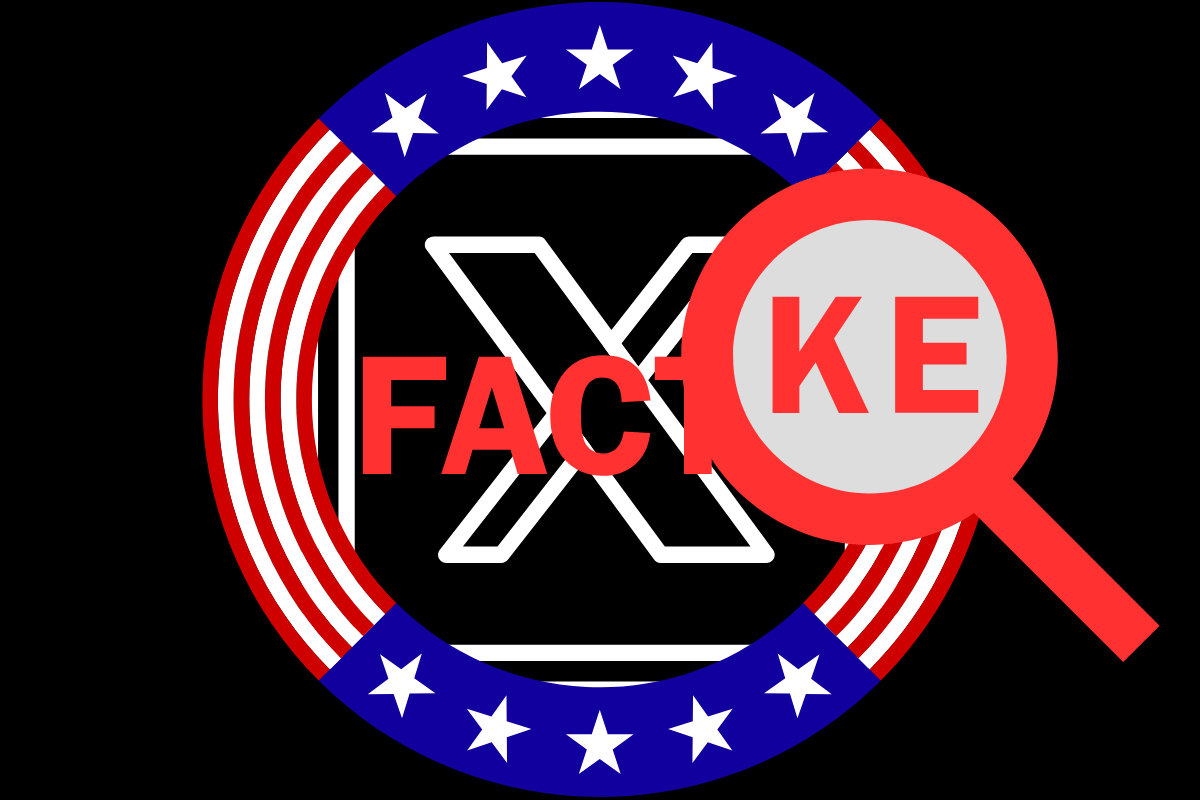
Social Media Misinformation and AI Images Fuel US Election Buzz and Big Payouts
Some users on X (formerly Twitter) are reportedly cashing in by sharing content around the US election, which often includes misinformation, AI-generated images, and unproven conspiracy theories. The platform’s monetization setup, where user earnings are tied to post engagement (likes, comments, shares), is enticing users to share both genuine and misleading content to maximize reach. This has led to networks of users who actively re-share each other's content, propelling claims that may or may not be factual into the spotlight. Some of these accounts, which have been contacted by politicians for potential support, report earnings ranging from hundreds to thousands of dollars.
The misinformation shared ranges widely, with some content supporting Donald Trump, some Kamala Harris, and others remaining non-partisan. Notably, some posts promote unfounded claims about election fraud and extreme accusations against political figures. Although many social media platforms have specific guidelines against spreading misinformation, X is perceived as more lenient, encouraging “provocative” or “controversial” posts that drive engagement.
Also Read:- Inter Milan's Strategic Shift: Inzaghi's Defensive Tweaks Ahead of Empoli Clash
- Clash of Titans: Newcastle United vs Chelsea in the League Cup
One example features “Freedom Uncut,” a content creator who spends hours each day generating and sharing AI images, satire, and memes. His content often includes exaggerated images, like a Matrix-themed portrayal of Trump or a dictator-inspired image of Biden. He asserts that this is “art” meant to start discussions, claiming it’s not aimed at misleading. Yet, some of his posts, which question politicians’ actions or criticize their motives, spark viral engagement. Since Freedom Uncut’s profile was monetized, he says he can make in the “low thousands” each month. His posts, like those of other users, frequently receive a boost from other networked accounts, with some of these accounts reporting five-figure monthly earnings.
Another prominent account, “Brown Eyed Susan,” represents the opposite political spectrum, frequently posting in support of Harris. She has shared numerous posts questioning Trump’s legitimacy and health. Despite initially posting purely for outreach, her follower count soared, and she now earns modestly through monetized posts as a verified user. Like Freedom Uncut, she regularly interacts with a network of aligned accounts to ensure her content reaches maximum visibility.
These dynamics bring up concerns about the spread of misinformation, particularly around sensitive topics like election integrity and candidate character. In some cases, even doctored images, like a staged photo of a young Harris purportedly working at McDonald’s, have gone viral, feeding into partisan narratives. Such posts often find an audience across multiple social platforms, further amplifying their reach.
While some creators argue their content is “obviously fake” or satirical, the growing reliance on provocative or sensationalist material for engagement and monetization raises questions about its impact on public perception. Many users share content not because it is real, but because it aligns with their beliefs or seems to validate them. This content, circulating widely on X and beyond, could play a role in shaping voter sentiment leading up to the 2024 election, with its reach and influence only intensifying as Election Day approaches.
Read More:

0 Comments